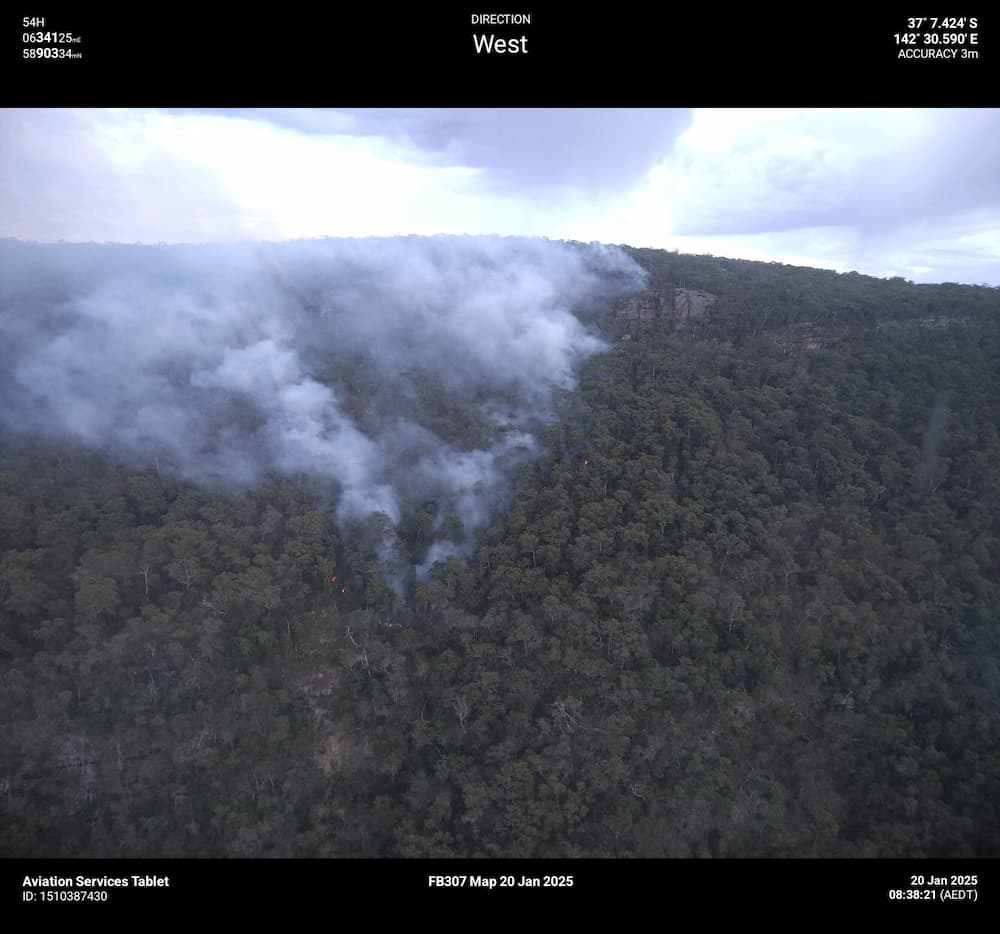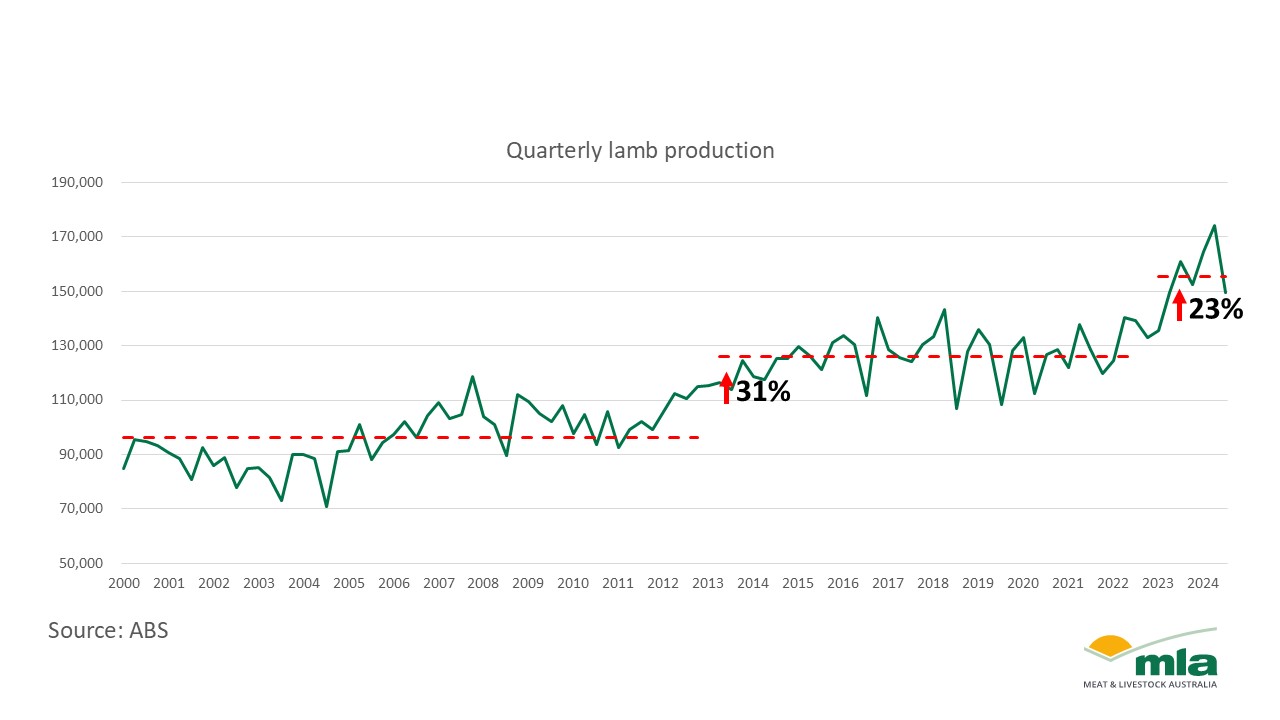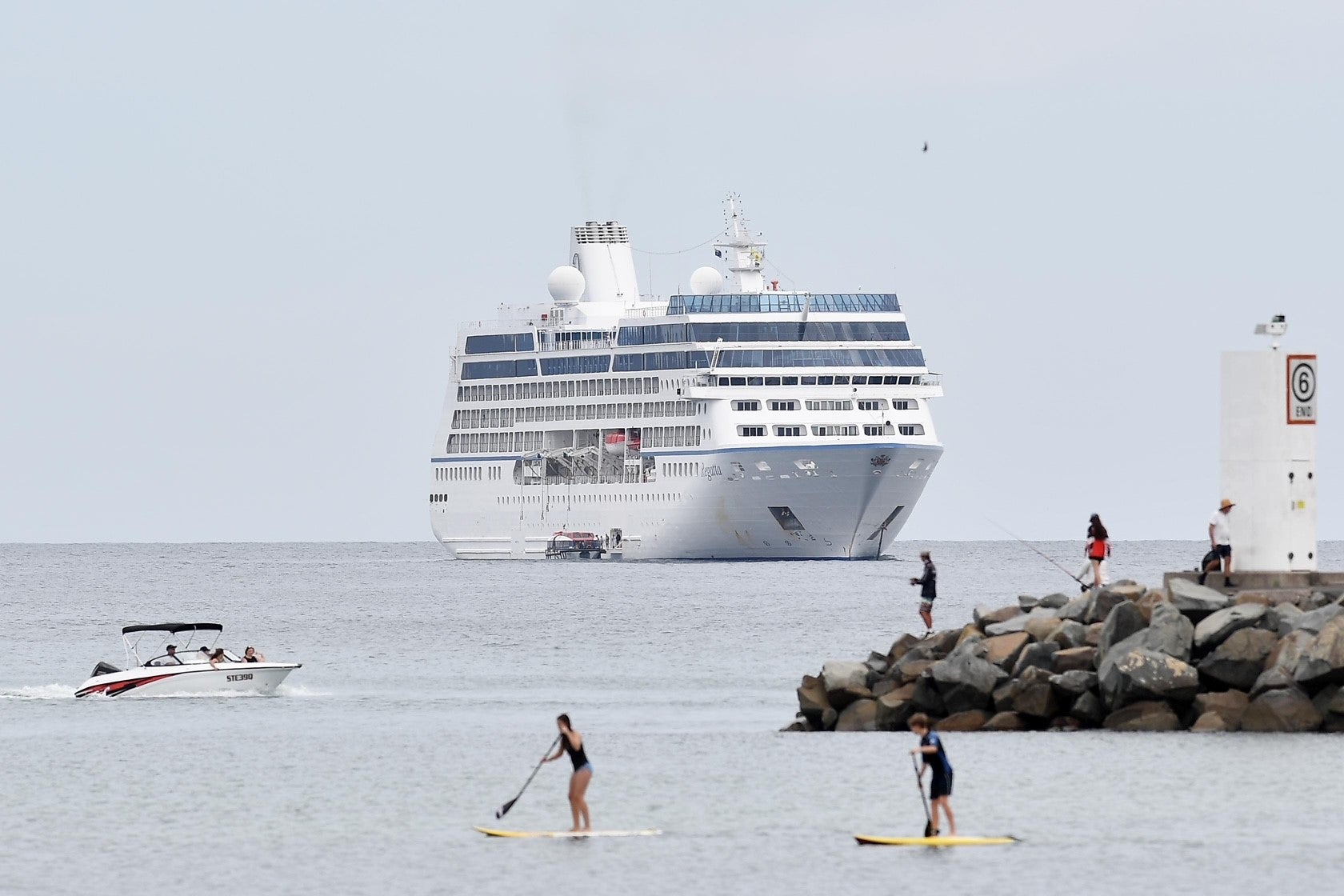- Hon Kelvin Davis
Minister for Children Kelvin Davis has welcomed New Zealand’s accession to the Optional Protocol to the Convention on the Rights of the Child on a Communications Procedure (OPCP).
Now in effect, the Protocol will allow claims to be made to the UN Committee on the Rights of the Child if the claimant believes the Government has breached New Zealand’s obligations under the UN Convention on the Rights of the Child.
“New Zealand’s accession to the Protocol will further ensure that the rights of all tamariki in New Zealand are reinforced and upheld,” Kelvin Davis said.
“This builds on this Government’s commitment to put tamariki at the heart of our decision making, and delivers on one of our manifesto commitments.
“The Protocol will further improve the protection of children’s rights by providing independent scrutiny of Government actions, better honour our obligations under Te Tiriti o Waitangi and add weight to New Zealand’s existing commitment as a State Party to the Children’s Convention.
“Becoming party to the OPCP will support the Government’s priorities of improving the lives of our tamariki by giving greater effect to the Child and Youth Wellbeing Strategy and the Youth Plan to make New Zealand the best place in the world to be a child or young person,” Kelvin Davis said.
“This supports work already underway across Government targeted at addressing child poverty, family violence, inadequate housing, and improving early years, learning support and mental wellbeing for tamariki and their whānau.”
New Zealand’s accession to the OPCP will provide further protection for the rights of key population groups, including Māori, Pacific people, disabled people, young women and girls and rainbow youth.
Editors’ notes
New Zealand ratified the UN Convention on the Rights of the Child (the Children’s Convention) in 1993.
New Zealand subsequently ratified two of the three Optional Protocols to the Convention: the Optional Protocol on the Involvement of Children in Armed Conflict (OPAC) (ratified in 2001); and the Optional Protocol on the Sale of Children, Child Prostitution and Child Pornography (OPSC) (ratified in 2011).
The third, the Optional Protocol to the Convention on the Rights of the Child on a Communications Procedure (OPCP), entered into force in 2014. In response to the UN’s recommendations following New Zealand’s 2019 Universal Periodic Review, Cabinet agreed to consider becoming party to the OPCP.
On 1 November 2021, Cabinet agreed for New Zealand to become party to the OPCP [CAB-21-MIN-0447 refers]. The OPCP and the accompanying ³Ô¹ÏÍøÕ¾ Interest Analysis (NIA) supporting New Zealand becoming a party was presented to Parliament on 11 November 2021.
The parliamentary treaty examination process has been completed following public submissions and consideration by the Foreign Affairs, Defence and Trade Committee (FADTC).
As consideration of the FADTC recommendation is not a matter of compliance with the OPCP, this will not delay New Zealand’s proposed accession to the OPCP. However, the UN would likely see acceptance of the FADTC recommendation as a positive step.
Current public links on the Children’s Convention, OPCP, and FADTC report
Children’s Convention
OPCP
Final report of the FADTC select committee, and submissions
Previous papers on accession








